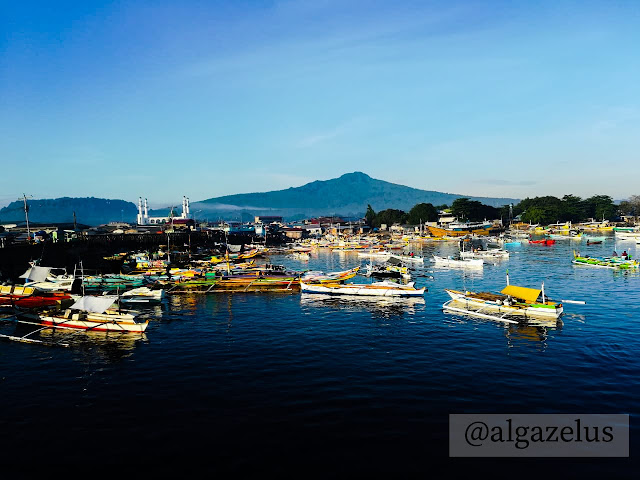PeaceScape Journal #101
ISLAMIC DEMOCRACY: OPENNESS, TRANSPARENCY, AND ACCOUNTABILITY
Since the beginning of the Philippine-Mindanao conflict in 1971, many Filipino and Mindanaoan leaders have been striving to reach a lasting peace through the attainment of Islamic democracy in the region. However, the lack of openness and transparency about the truth of the conflict is stalling this progress from being realized. Without openness and transparency, there can be no real chance to reach a meaningful resolution.
Openness and transparency are essential for all parties in the conflict to gain a better understanding of the facts and underlying issues of the struggle. For example, the full and true history of the conflict must be recognized and acknowledged by both sides. This is necessary for both parties to move forward, and begin the process of healing and reconciliation. It is also important for the general public to be made aware of the conflict - its history, its current status, and its impact on the lives of Mindanaoans. This is the only way to shift the narrative from one of bitterness and animosity to one of understanding and respect.
The establishment of a new form of government in the region of Mindanao, stretching to the island of Basilan, Sulu, and Tawi - Tawi in the Sulu Archipelago, has been a revolutionary event. We have witnessed countless challenges turned into successes, thanks to the establishment of a morally-sound form of governance dedicated to transparency and accountability. These changes have had a formative impact on the people of the region as well, as the projects implemented as part of this new form of government are designed to benefit their well-being.
The major difference between this new government and older models (Philippine Government) is that it emphasizes morality, the rule of law, and the well-being of the people. Citizens can rest assured that their concerns are being heard and addressed, while public servants are held to a higher standard of ethical behavior. It is for this reason that the government is now able to take on ambitious projects to promote the growth of the region, including infrastructure and economic developments.
It is not simply the “ends” of a project that are important in this new form of government, but the “means” as well. Since this new government is committed to moral governance, public funds are spent carefully and only on projects that are beneficial to local populations. Moreover, public discourse is encouraged to an unprecedented extent, and representatives are quick to respond to the voices of their constituents.
Moreover, openness and transparency help bridge the divide between the opposing sides. Without these elements, each side remains in its closed silo, unable to engage with one another, or fully understand the other's perspective. This makes dialogue and compromise more difficult, therefore leading to deadlocks in negotiations, and stalling the attainment of an Islamic democracy in Mindanao.
Ultimately, this new form of governance in Mindanao, Basilan, Sulu, and Tawi - Tawi has been heralded as a socially conscious effort toward creating a society that is both fair and humane. Despite the obstacles, this newfound transparency and accountability have already created positive effects on the economic and social well-being of the region. Hopefully, this example of ethical governance will be followed in the future, and we can all reap the benefits.
Without openness and transparency, a culture of mistrust will continue to spread in both the Philippines and Mindanao, thus preventing goodwill and trust among the different parties and undermining the process of peace-building.
To attain Islamic democracy in Mindanao, there must be a genuine and honest dialogue between the two sides. It is only through openness and transparency that this will be achieved, and without it, the progress toward peace will remain at a standstill.
by Algazelus 08.18.23 | By the shore of Zamboanga del Sur; 75-degree Celsius facing Sta. Cruz Island.

Comments
Post a Comment